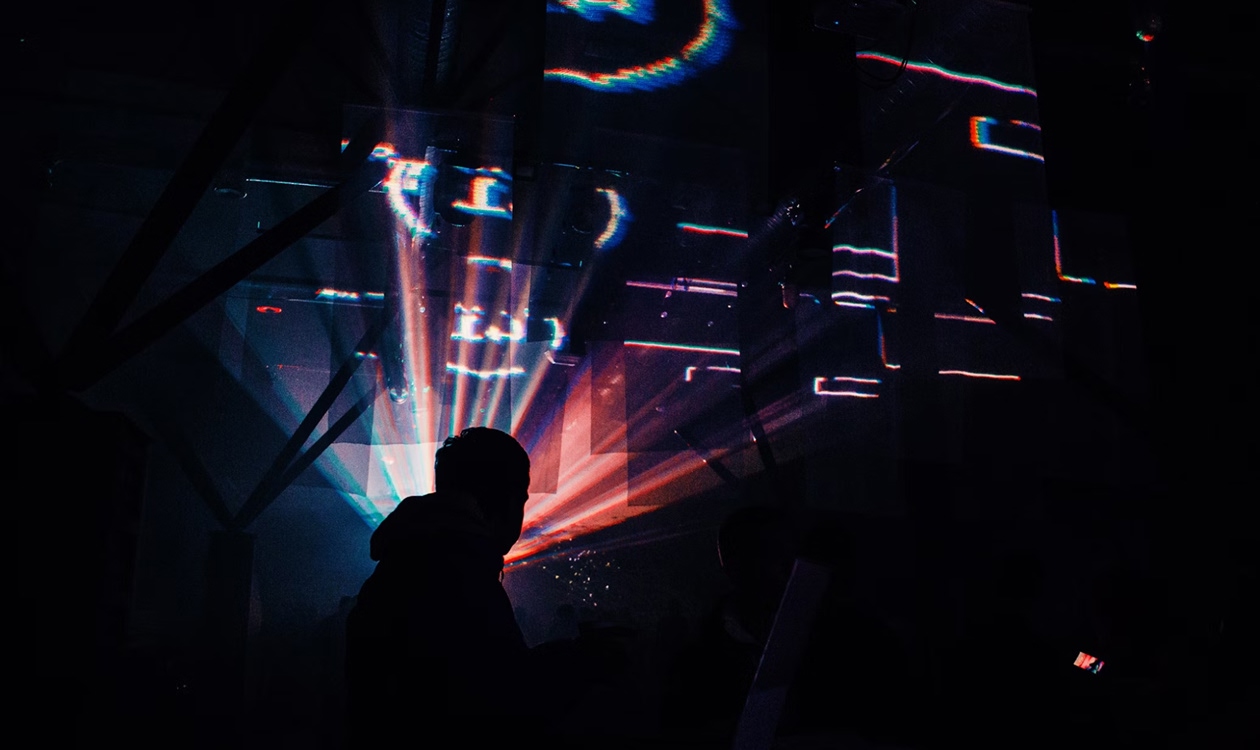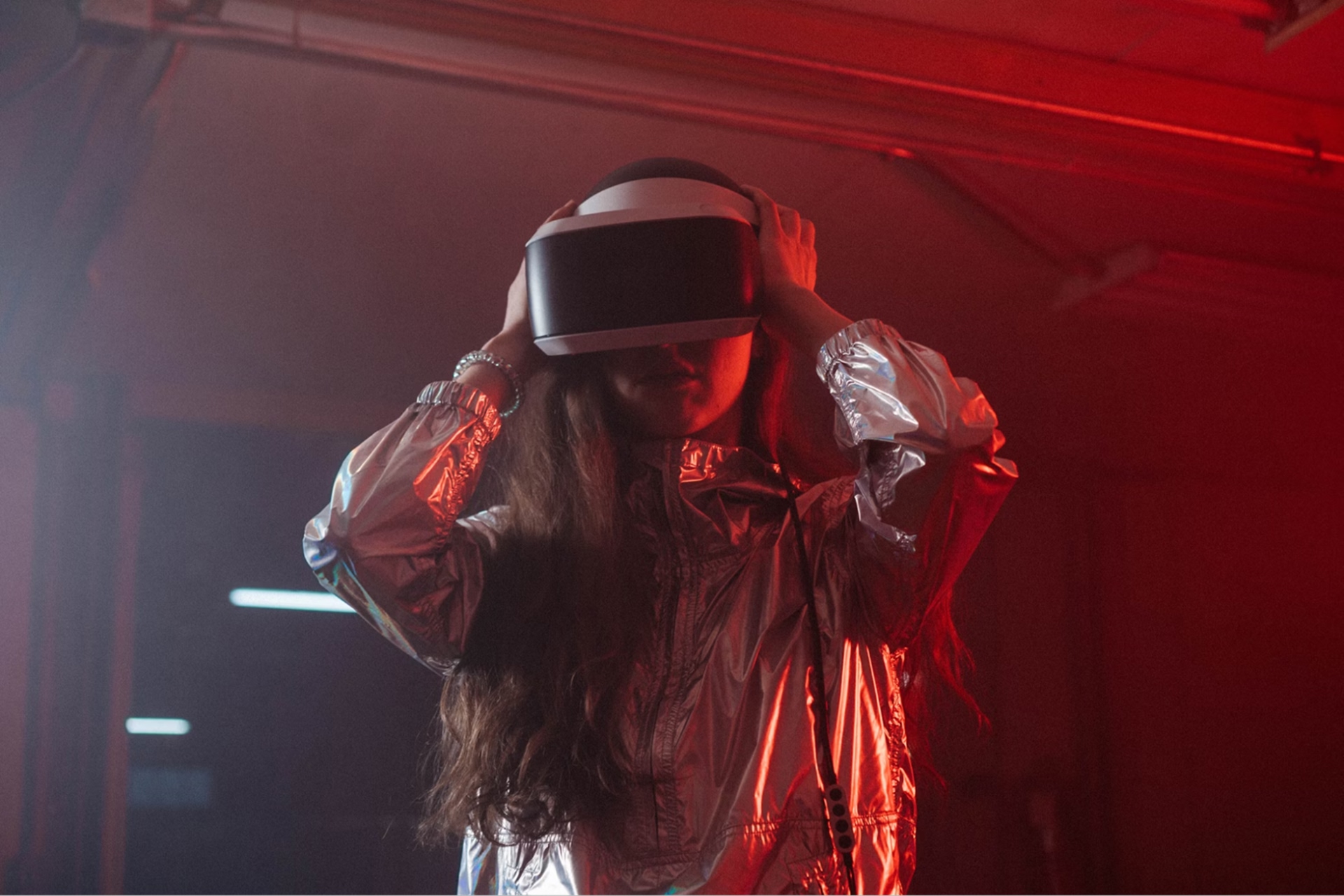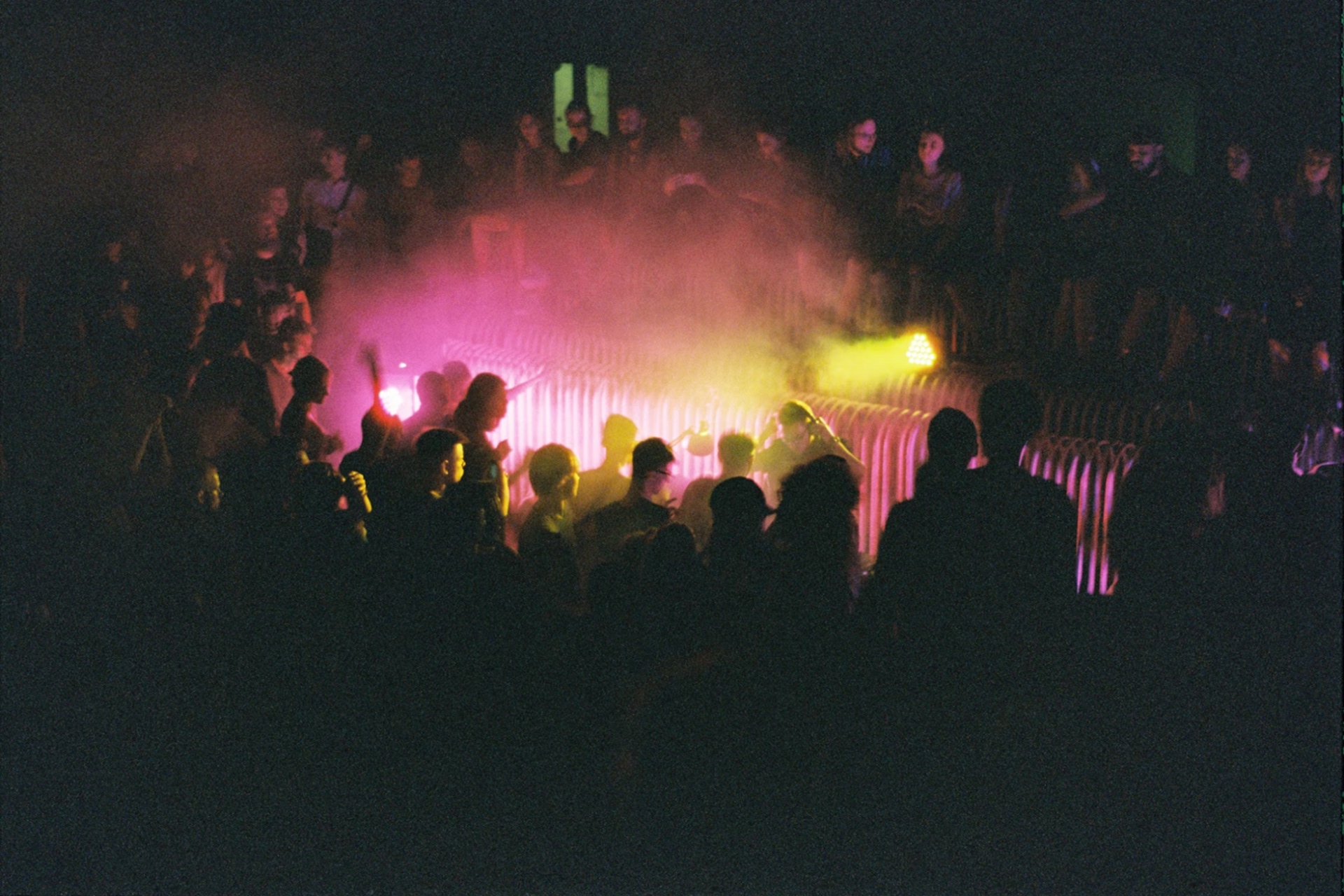
You're Invited
Sign up for our newsletter to receive the latest news and updates from Concierge Club
Thank you! Your submission has been received!
Oops! Something went wrong while submitting the form.

July 16, 2025

Immersive music events transform traditional concert and musical performances into memorable, multi-modal events. They add interactive and gamified elements that can engage guests and encourage them to participate in the event, leading to stronger emotional connections and greater brand activations.
Whether it’s Travis Scott or Ariana Grande’s Fortnite concerts, or SXSW’s spatial audio and VR extravaganzas, immersive music events come alive in exciting ways. They add compelling visual and interactive elements to music, especially when storytelling and gamification elements are woven into the experience.
This level of immersion elevates the emotional investment of attendees and participants. Plus, brands that leverage immersive music events can achieve genuine activations. Keep reading to discover how your brand can incorporate these types of events.
Gamification combines standard gaming elements such as challenges, scores, rewards, and achievements, and applies them to non-gaming environments, like experiential marketing concerts. This technique, when applied to immersive music events, allows guests to go from passive attendees to active participants.
When participants interact, the following happens:
Well-executed experiential marketing concerts allow you to combine the universal appeal of music with the stickiness of gaming to create unforgettable fan experiences.
Traditional concerts follow a familiar format: guests show up at a venue (club, arena, or stadium) to watch an artist perform. Interactivity may be limited to backstage opportunities or moments where artists invite front-row attendees to sing along with them. Gamification flips the classic concert on its head, putting interaction centre stage, turning the concert into a widespread playground.
Unlike traditional concerts, immersive music events weave interactivity into all stages. Before the concert, fans can join social media countdowns, complete pre-event challenges, or unlock sneak previews. During the concert, brands can use real-time quests or live polls to gather feedback. After the show, brands and fans can engage in winning digital trophies, recap quests and photo contests to prolong engagement and strengthen recall.
Brands that infuse gaming mechanics into music events raise the emotional stakes and therefore, enhance connection. Team challenges, audience voting, and AR/VR elements can foster new friendships that participants are more likely to remember and cherish for years, encouraging them to engage with you in the future.
Ongoing activities amount to consistent brand activations. These activities may include scanning treasure hunt clues, participating in on-site games, or prompting users to create UGC via AR filters, which extends engagement beyond the event itself.

Image Source: Unsplash
Although the technology used in gamified music events continues to expand, there are some go-to options for artists and brands. The most common include AR/VR, mobile gaming apps, QR code treasure hunts, and on-site challenges.
Fans can use AR-enabled apps to detect hidden digital displays and art, such as video messages and interactive guides, by scanning locales with their phones. VR is also trendy because the technology can transport fans into virtual worlds, including those tied to musical performances, making it one of the most sought-after audience engagement strategies.
At the Coachella Music Festival, AR-driven art installations and in-app questions enabled festival-goers to explore new spaces and unlock digital prizes. This resulted in a boost in on-site engagement and branded UGC shared by fans across social media.
Dedicated event apps can tie in with immersive music events by offering gamified elements such as point-scoring quests, check-in rewards, artist trivia, and digital collectibles. Companies can also use branded mobile quests to guide fans to various activations or merchandising stations, driving traffic and offering real-time rewards.
Branded treasure hunts can make use of scattered QR codes throughout festival grounds, which can unlock clues, wins, or exclusives for fans who scan them. They may also take the form of social missions where participants can scan QR codes to upload selfies, videos, and other forms of UGC content.
Sprite tapped into the QR code experience with their “Live From the Label” livestreamed concert series. Twenty-ounce bottles featured QR codes, which fans could scan to unlock access to the concerts, as well as replays and merchandise.
Brands can involve participants in activities ranging from dance challenges to cosplay contests, all of which can have digital leaderboards. Winners can receive prizes like merchandise or upgrades. Ultimately, these challenges and rewards create a collective experience that contributes to positive and measurable brand experiences.

Image Source: Unsplash
Using audience engagement strategies to create gamified music experiences turns observers into participants and creators, which dramatically increases engagement. This works by tapping into the human desire for connection, collaboration, and control.
Cooperative challenges foster microcommunities. Shared goals within these groups create bonds and a sense of belonging unique to the concert, while also building positive connections with the brand.
Fan-driven engagements such as voting for song encores or influencing setlists give concert-goers a sense of ownership. Not only can they contribute to the event’s outcome, but they also create a sense of trust between the brand and guests, deepening their emotional connection.
Earning badges, trophies, and other awards or recognition initiates fans’ brain reward systems, which releases dopamine. The dopamine release contributes to a sense of well-being and creates fond memories of their engagement with the brand.
When guests can co-create content with a brand, they create more genuine relationships with the brand and the artists at experiential marketing concerts. The result is a stronger, more positive recall of both the brand and the performers, and a greater chance that attendees will share their experience with others.
At immersive music events, gamification is often a win-win for all parties; fans, brands, and bands can all benefit from intertwining interactivity and music. It can lead to:
Are you looking to add a gamified element to your upcoming experiential marketing events? Contact us today so we can help you turn your next event into an interactive experience your audience will remember and savor.